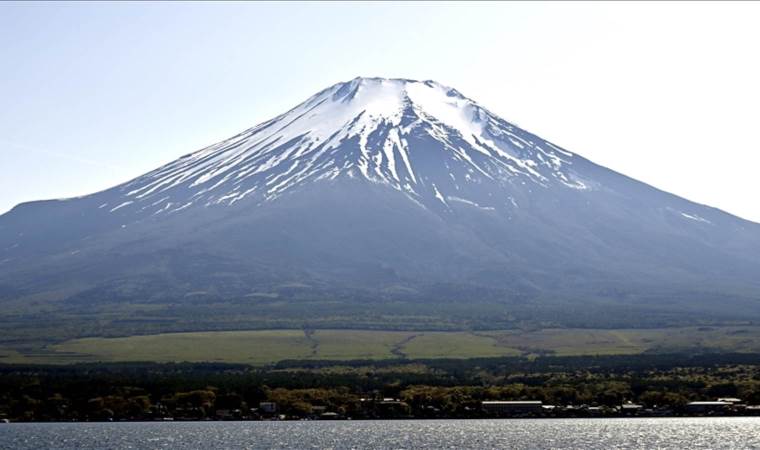Climate change raises winter temperatures in Japan
Climate change is already impacting Japan, leading to an increase in winter day temperatures.

A report by US-based research group Climate Central, released this month, showed that the average daytime temperature in Fuji, a city near Mt. Fuji in eastern Shizuoka province, has risen above freezing.
Fuji recorded the highest number of days with rising temperatures among 57 Japanese cities.
The analysis of daily minimum temperatures during the winter months — December, January, and February — revealed that Japan experienced at least eight additional days above freezing annually between 2014 and 2023, primarily due to human-caused warming.
Japan’s temperatures have been steadily increasing in recent years, with the five hottest years occurring between 2019 and 2023, according to the Japan Meteorological Agency.
The long-term trend shows an average rise of 1.35°C per century.
The report attributes this warming mainly to the burning of oil, coal, and methane gas in Japan.
“Losing winter’s chill affects snowfall, winter sports, water supplies, spring allergies, crops,” the report emphasized.
Most Read News
-
 As 2026 starts: “The Big Picture”
As 2026 starts: “The Big Picture”
-
 The Greenland and NATO reality
The Greenland and NATO reality
-
 Sweden rejects idea of great powers doing ‘as they pleas
Sweden rejects idea of great powers doing ‘as they pleas
-
 German police struggle to identify suspects behind Berli
German police struggle to identify suspects behind Berli
-
 STC chief escaped from southern Yemen, says Joint Forces
STC chief escaped from southern Yemen, says Joint Forces
-
 ICE shooting kills woman, 37, in US state of Minnesota
ICE shooting kills woman, 37, in US state of Minnesota
-
 Taiwan continues search for missing pilot, F-16 jet on 3
Taiwan continues search for missing pilot, F-16 jet on 3
-
 Colombian president invites interim Venezuelan leader fo
Colombian president invites interim Venezuelan leader fo
-
 Trump says he spoke to Colombia's Petro; plans White Hou
Trump says he spoke to Colombia's Petro; plans White Hou
-
 US vice president defends ICE after fatal Minneapolis sh
US vice president defends ICE after fatal Minneapolis sh










